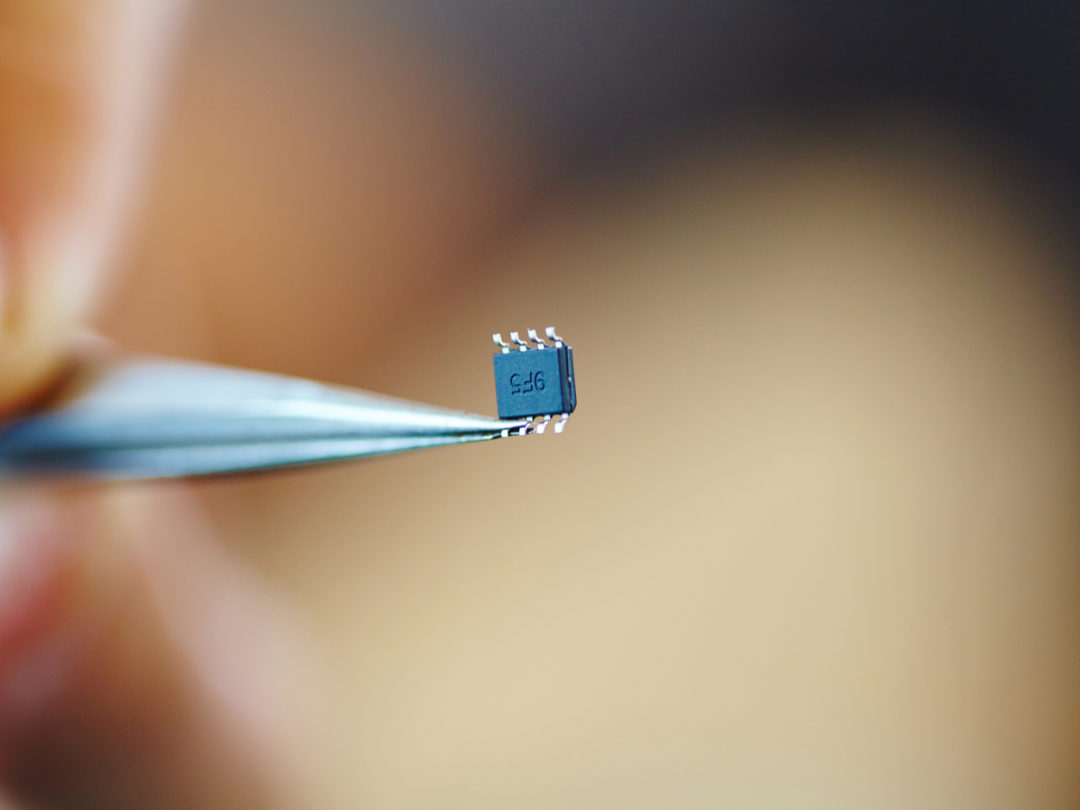
Visit Our Sponsors |
|
|
|
|
|
|
|
|
|
|
|
|
|
|
|
|
|
|
|
|
|
|
|
|
|
|
|
|
|
|
|
|
|
|
|
|
|
|

Since revelations that Donald Trump’s presidential campaign received support from Russian hackers, there’s been a growing appreciation for the failure of social media companies to crack down on misinformation and fake news. Last week, we got a reminder, however, that foreign governments and partisan operatives spend a lot of time trying to vacuum up very real information.
In a hack that required not just insane technical expertise but the manipulation of obscure manufacturing supply chains, Chinese spies achieved the ultimate dystopian nightmare: planting tiny microchips smaller than a sharpened pencil tip inside server motherboards. The feat was reported in last week’s Bloomberg Businessweek cover story. The investigation shows that Apple Inc. and Amazon.com Inc., along with some two-dozen other companies, were exposed to the scheme by buying servers from Super Micro Computer Inc., which were implanted with the surveillance chips at subcontractors’ factories in China. All three companies disputed the story. Supermicro’s shares fell 41 percent Thursday.
The exposé was published the same day that the U.S. Justice Department indicted seven Russian officers for allegedly launching cyberattacks against groups investigating Russians, including anti-doping organizations and groups looking into the country’s chemical weapons use. The U.S. government contends that the hackers aimed to undermine investigators and embarrass athletes by falsely claiming they were using performance-enhancing drugs. The effort has clear echoes of the hack of the Democratic National Committee — obtain real emails but release them selectively in order to manipulate the media’s focus.
We live in a time when information is so valuable that hackers will go to extreme lengths to obtain it, but the truth is scarce — in part, because hackers use that information to create confusion and division.
RELATED CONTENT
RELATED VIDEOS
Timely, incisive articles delivered directly to your inbox.

